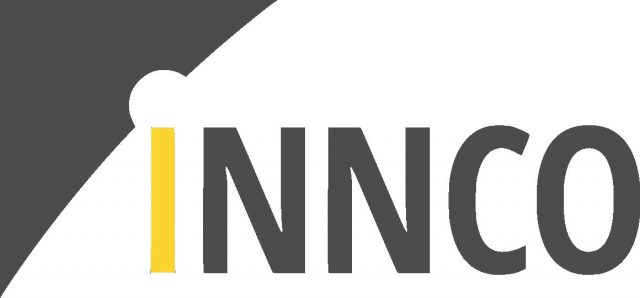
A consumer group has made strong claims against the anti-vaping movement and figures like Michael Bloomberg.
LONDON — The International Network of Nicotine Consumer Organisations (INNCO), a consumer advocacy network that advocates for tobacco harm reduction and risk-reduced nicotine products, released a new report documenting what they claim is a global “vaping misinfodemic” perpetrated by the UN and the US.
According to a press statement, INNCO’s report “raises major questions on the anti-vaping arguments of the [World Health Organization] and American businessman [Michael] Bloomberg.”
The report was released ahead of the Framework Convention on Tobacco Control COP9 meeting in November of 2021.
“Our dossier draws on media reports, government activities, research from respected and independent sources, perspectives and statements from healthcare luminaries, leading academics and political figureheads to present nine reasons why major question marks need to be raised about the anti-vaping arguments and approach of the WHO and Bloomberg,” said Charles Gardner, the executive director of INNCO.
“Almost all NGOs represented at COP9 are Bloomberg-funded NGOs,” Gardner added. “Denying a voice to the very people affected by COP9 decisions is not a good look.”
“It’s a violation of human rights,” he added.
“The dossier comes just a week after the Department of Health and Social Care announced that e-cigarettes could be prescribed on the NHS, a world first,” notes INNCO in their report.
“Opening the door to a licensed e-cigarette prescribed on the NHS has the potential to tackle the stark disparities in smoking rates across the country, helping people stop smoking wherever they live and whatever their background,” said Sajid Javid, the United Kingdom’s secretary of state for health and social care.
INNCO cites Javid’s remarks as further evidence.
E-cigarettes were the most popular aids for smokers to quit in England in 2020. The number of e-cigarette users grew from about 700,000 in 2012 to 3.6 million in 2019, falling to 3.2 million in 2020 before rising again in 2021 to 3.6 million, concerning the NHS case cited by INNCO in the dossier.







